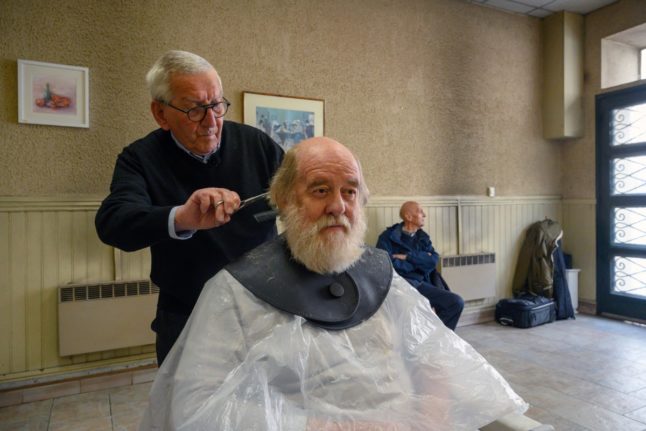In France, employees generally get 25 days of annual leave, on top of 11 public holidays (jours fériés) a year, which rises to 13 if you live in the eastern areas of Alsace.
READ MORE: Reader question: Why does secular France have Catholic holidays?
However, some years are better than others when it comes to public holidays. If the jour férié falls on a weekend, then most of the time workers will lose the day off.
Luckily, in 2024, only one holiday is lost to a weekend: the Fête nationale on July 14th.
There is, however, the French system of ‘faire le pont‘ – which means strategically booking days off to link up public holidays with weekends to give you a nice long break.
For example, if there is a public holiday on a Thursday you use a single day of annual leave to book Friday off work, meaning that you leave work on Wednesday evening and don’t return until Monday morning, but have only used up one day out of your 25.
And because of how the public holidays fall in 2024 this is a particularly good year. In fact, using 12 days (half of your annual allowance) can give you a total of 40 days off, including the linked weekends.
Here’s how to maximise your time off work this year.
April: Take a long weekend
Easter Monday is a bank holiday, meaning a long weekend is possible from Friday, March 30th to Tuesday, April 1st.
For those in Alsace-Moselle, Good Friday is also a jour férié, so people in eastern France can enjoy a four-day weekend.
Total days – 3 (or 4 in Alsace-Moselle)
May: Four public holidays
There are four public holidays during the month of May this year: Wednesday, May 1st (Labour Day), Wednesday, May 8th (VE Day), Thursday, May 9th (Ascension), and Monday, May 20th (Pentecost).
In the first week of May you could ‘faire le viaduct‘ for Thursday, May 2nd and Friday, May 3rd off in order to enjoy five consecutive days off (including the weekend).
But if you want to maximise your annual leave to build an even longer break, consider also taking off Monday, May 6th, Tuesday, May 7th, and Friday May 10th. This will leave you with 12 days of uninterrupted holiday, including the ‘double’ public holiday on Wednesday and Thursday.
And thanks to Pentecost (Monday May 20th) is also a public holiday so you can also enjoy a three-day weekend without taking any days off.
Total days – 13 (including 12 consecutive days)
August: Faire le pont
Unfortunately, the one bank holiday in July is lost to a weekend in 2024, but there is still the Christian festival of Assumption on August 15th.
This year, it will fall on a Thursday, leaving you with the ability to ‘faire le pont’ by taking off Friday, August 16th).
Total days – 4
November: Two long weekends
September and October are void of public holidays, but November 1st (All Saints’ Day) falls on a Friday this year, giving you the perfect opportunity to enjoy a nice, long weekend.
The other jour férié in November – Armistice Day, on November 11th – will be on a Monday.
This means that workers in France will benefit from two long weekends during the month of November in 2024.
Total days – 6
December: Long Christmas
In 2024, Christmas will fall on a Wednesday, as will New Year’s Day. This means that in order to accumulate 12 consecutive days off (including weekends), workers only have to use six days of paid leave.
To benefit, you should ask to take off: Monday 23rd and Tuesday 24th, Thursday 26th, Friday 27th, Monday 30th and Tuesday 31st.
Total days – 12



 Please whitelist us to continue reading.
Please whitelist us to continue reading.
Member comments